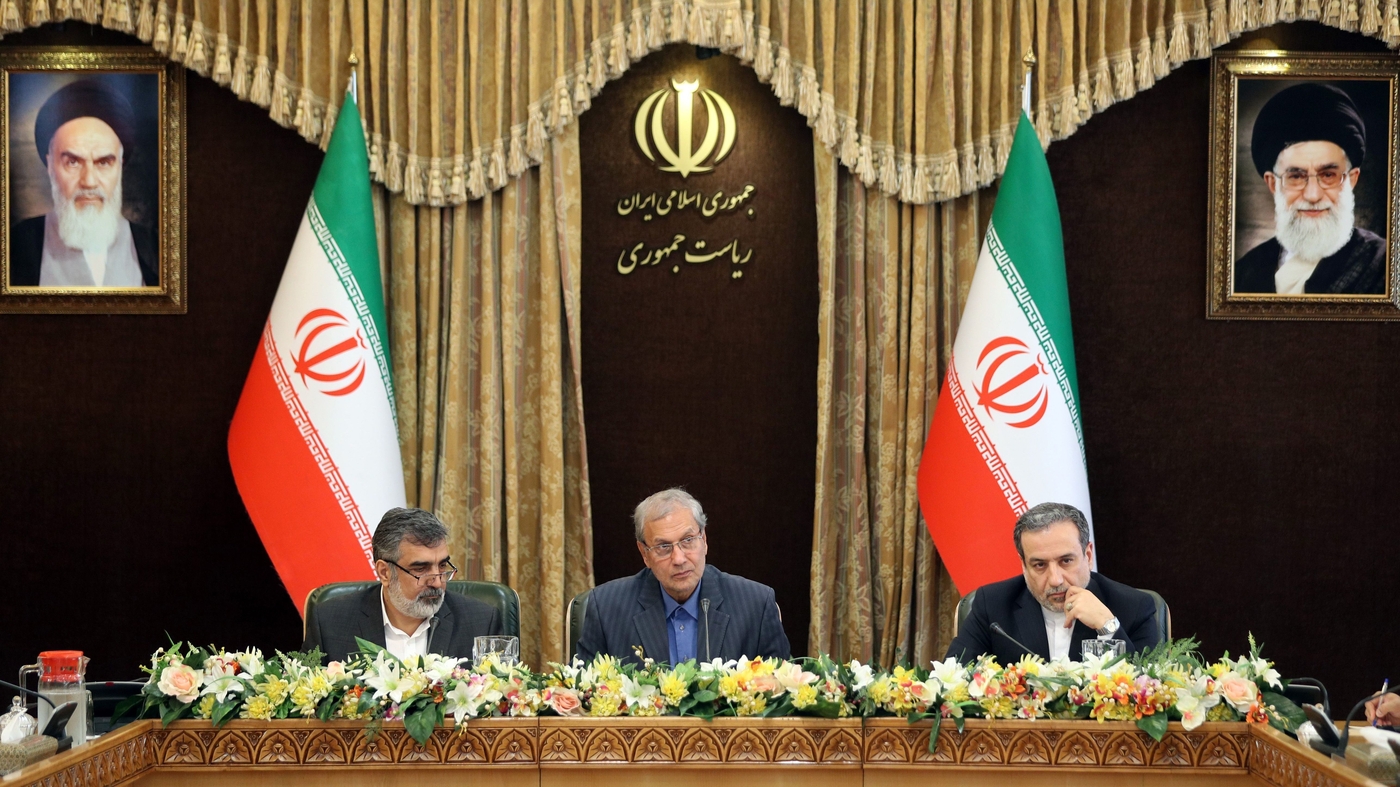Saudi Arabia doesn't have nuclear material for a warhead or a delivery system, so no. Iran's "nuclear program" began in the late 1960s and now extends to dozens of nuclear facilities spread across the country (uranium mines, research centres, enrichment facilities, heavy water facility etc etc) and the ability to domestically produce and test increasingly large, complex and efficient centrifuges. This didn't come overnight - this is the result of decades of investment and learning. The point is that KSA can do this too but it cannot just jump from having virtually no nuclear infrastructure or experience to having "nuclear missiles" in a click of the finger.
As for non-compliance, the first thing to note is that there is no black and white in this area. I am a lawyer and detailed contracts can span hundreds of pages in length, with provisions stipulating each party's rights and obligations in the event of certain circumstances (e.g. non-performance by one party). However, very often the meaning of each word in such contracts can be subject to lengthy and expensive arbitration/court proceedings. So there is no right or wrong answer here necessarily, just points of view and arguments.
Article 26 JCPOA:
This alone is enough to justify Iran's non-compliance.
The case for the EU's non-compliance is more murky, but it exists. Article 28 JCPOA:
Iran interprets this as requiring the EU to maintain an economic relationship with Iran. Arguably, in failing to adequately protect its companies from the extra-territorial reach of unilateral US sanctions, and failing to operationalise INSTEX for non-sanctioned trade, the EU is not living up to this expectation.
Regardless, Article 26 alone is sufficient to justify Iran's steps to scale back compliance with the deal (and these steps are meant to encourage the EU to take stronger steps to preserve the JCPOA).

 www.presstv.com
www.presstv.com



